Disclosure: This article may contain affiliate links. If you decide to make a purchase, I may make a small commission at no extra cost to you.
There is so much information out there on how men can increase testosterone naturally, but not nearly as much information about the food that can decrease testosterone men and cause many symptoms, including an increase in body fat.
Many men are unknowingly consuming these foods on a regular basis, unaware that they can have a significant effect on testosterone levels.
Foods that affect testosterone are more likely to have a more noticeable effect in older men who have declining testosterone levels, than in younger men who still have high levels.
My belief is that none of these foods need to be completely avoided, but they can be used moderately and for specific purposes, as some of them do have positive health benefits.
Foods that can lower testosterone
So let’s have a look at some of the foods which have been shown to have an effect on men’s testosterone levels.
1. Licorice
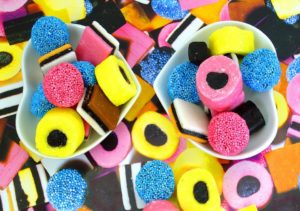
Licorice is used everywhere. You can find it in sweets, teas, chewing gums among other foods.
Licorice does indeed have some health benefits but also has some downsides to it. There is some evidence it helps with adrenal fatigue, leaky gut, sore throats, immunity, and more.
So, although it’s not something you need to completely avoid, it can be used in moderation.
In women who have trouble producing too much testosterone and excessive hair growth, using licorice can be helpful.
Licorice makes it on the top of this list because it has a very powerful effect in reducing testosterone in healthy men.
Studies have shown that the main active component of licorice – “glycyrrhizic acid” – is able to block testosterone production. According to studies’ in rats, the compound in the food is able to do this by inhibiting the enzyme 17β-HSD.
So, after the researchers discovered the power of licorice for inhibiting testosterone in rodents, they tried it in human subjects to see if it had a similar effect.
The result was significant: Men receiving 0.5 grams of glycyrrhizic acid from 7 grams of commercially available licorice tablets, saw their testosterone decrease from 740 ng/dL to 484 ng/dL.
Once the subjects stopped taking the tablets, their total testosterone levels returned to normal within just 4 days. So the effect was short-lived. There were also no negative effects reported in the study.
That being said, one documented negative side effect of licorice is that it can increase blood pressure in some people, so if you’re consuming it at high doses for long periods of time, make sure you monitor your blood pressure.
2. Spearmint and Peppermint
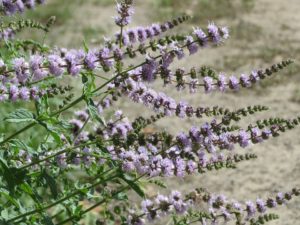
Both spearmint and peppermint have the ability to lower testosterone in animals and in humans according to recent studies.
Most people who are consuming mint, probably do so in the form of tea. And it’s usually either a mix of mint and other ingredients.
Rarely have I ever seen a pure 100% spearmint tea in the local supermarket.
Mint is also used in many other products from sweets, chocolate, chewing gum, shampoos and more.
Some of the positive effects of spearmint tea include relief from nausea and sickness; as well as having antibacterial effects, and helps reduce inflammation.
We know that spearmint is able to reduce testosterone in humans from studies done on a condition called hirsutism. This is a condition where women experience excessive hair growth, including facial hair.
Before these studies were conducted on people, there had already been anecdotal evidence that it was helpful in reducing testosterone. Animal evidence has since confirmed that spearmint does have anti-androgen effects.
In a study published in 2007, researchers looked at the effect of Mentha spicata (spearmint) on hormone levels of women who suffer from hirsutism.
Women who drank just two cups of spearmint tea each day saw a significant decrease in free testosterone levels (30%) and an increase in luteinizing hormone, follicle-stimulating hormone, and estradiol. They consumed the tea in the follicular phase of their menstrual cycles.
Another study from 2010 showed that when spearmint was taken over 30 days, total testosterone was also decreased, and women noticed an improvement in their condition.
So clearly, spearmint is a useful antiandrogen in the right circumstances. A lot of the currently available research papers on peppermint and spearmint has either been done in rats or in adult human females.
Right now, there is very little evidence that spearmint has a negative effect in males, however, due to the fact that the results translate over from animals to humans, it’s worth being cautious about drinking too much spearmint if you’re a man, as it could significantly reduce testosterone and cause side effects.
3. Reishi Mushroom
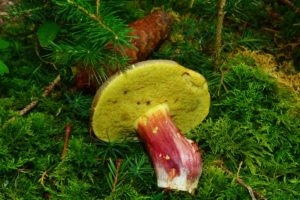
Edible mushrooms taste great and have been linked with many health benefits from prevention of heart disease by lowering cholesterol, to improving digestion, and also boosting immunity and fight off infections. They also may be of benefit in boosting resistance against cancer.
For thousands of years, different mushrooms have been used for various purposes, especially in Chinese medicine.
However, Reishi is a potent inhibitor of 5-alpha-reductase – which is the enzyme that converts testosterone into DHT. In animal studies, both testosterone and DHT are decreased, but in humans, it’s only been shown to reduce DHT.
However, even though Reishi does not lower testosterone, it has been shown that Ganoderic acid (found in Reishi) does inhibit androgen receptor binding activity.
This can be good or bad! If you want to keep a head full of hair, then perhaps lowering DHT might be a good thing.
4. Alcohol
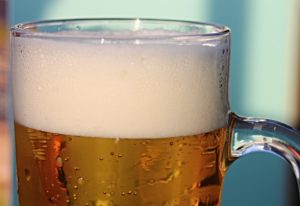
Alcohol consumption is a huge problem in the west, and certainly one of the reasons why men develop a big belly by the time they reach middle age.
Personally, I’ve never liked alcohol, and don’t drink it at all.
Not only does drinking alcohol have negative effects on the brain, but it also expands your waistline as well!
Drinking too much alcohol increases the conversion of testosterone into estrogen, which will increase fat percentage, especially around the stomach.
Also, moderate intake of alcohol in men can decrease plasma testosterone levels by almost 7%.
There are multiple conflicting studies about alcohol and health, but I think that if you’re eating a healthy diet, alcohol will provide no additional benefit.
5. Hydrogenated vegetable oils
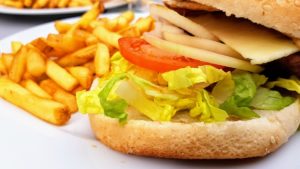
When fats undergo hydrogenation, they typically become bad for your body and your health. In fact, trans fats are so bad, that they have been banned in certain countries since just a few years ago. They have been linked to diabetes, heart attacks, infertility and more.
The foods which contain this type of fat include:
- Cakes
- Cookies
- Biscuits
- Crackers
- Doughnuts
- Candies
- Fried fast foods
If you’re eating a healthy diet, these are the types of foods you should be avoiding anyway. But if you’ve just stumbled onto this blog to read the article, then those are the types of foods which will often (not all the time) contain trans fats.
The studies on both animals and humans have been pretty damning.
There have been studies showing numerous negative side effects from decreased testosterone, decreased sperm count, and testicular degeneration. If you want to know why fertility is decreasing in the western world, maybe these fats have a big part in it. See this paper for more information.
Other foods which may decrease testosterone
There is a lot of conflicting information about other foods such as flaxseeds and soy products and their impact on testosterone.
Over the years there has also been a debate about whether or not they have a positive or negative effect on men’s health.
However, due to insufficient evidence, I have not included them among above as foods to avoid.
What are the effects of low testosterone in males?
Low testosterone in men can have profound health consequences. Levels of testosterone start dropping after the age of 30 as part of natural aging. It decreases by about 1% per year.
Some common symptoms associated with low testosterone include the following:
- Decreased energy
- A decrease in muscle mass and strength
- Increased fat percentage
- A decrease in bone density
- Decreased sex drive
- Sleep disturbances
- Mood changes (depression and anxiety)
There are many ways to counteract these changes: diet, exercise, good sleep, and supplementation are all very important.
In Okinawa, men would typically start off with a slightly lower testosterone level, but their testosterone would decline much more slowly over time. It would decrease at about half the rate of men’s testosterone who live in the west.
This is the effect we see from calorie restriction. Where in animals, CR is able to extend the reproductive capability of both males and females significantly (well passed when all the normally fed mice are dead from old age.)
Simple ways to maintain and boost testosterone
- Exercise and lift heavy weights at the gym!
- Relax, meditate, keep cortisol levels in check.
- Get some sunshine or take vitamin D3 supplements.
- Get your beauty sleep.
- Eat foods high in zinc or take zinc supplements.
Conclusion
Some of these foods and drinks listed in this article are fine to consume in moderation. You don’t have to completely avoid them, but you should at least be aware of their effects on hormones like testosterone.
There are many foods aside from those mentioned here that can significantly affect your testosterone levels and increase the amount of body fat. However, with a little bit of knowledge, you can make better choices to maintain a healthy hormone profile and physique well into old age!
Article updated and reviewed: February 2019.
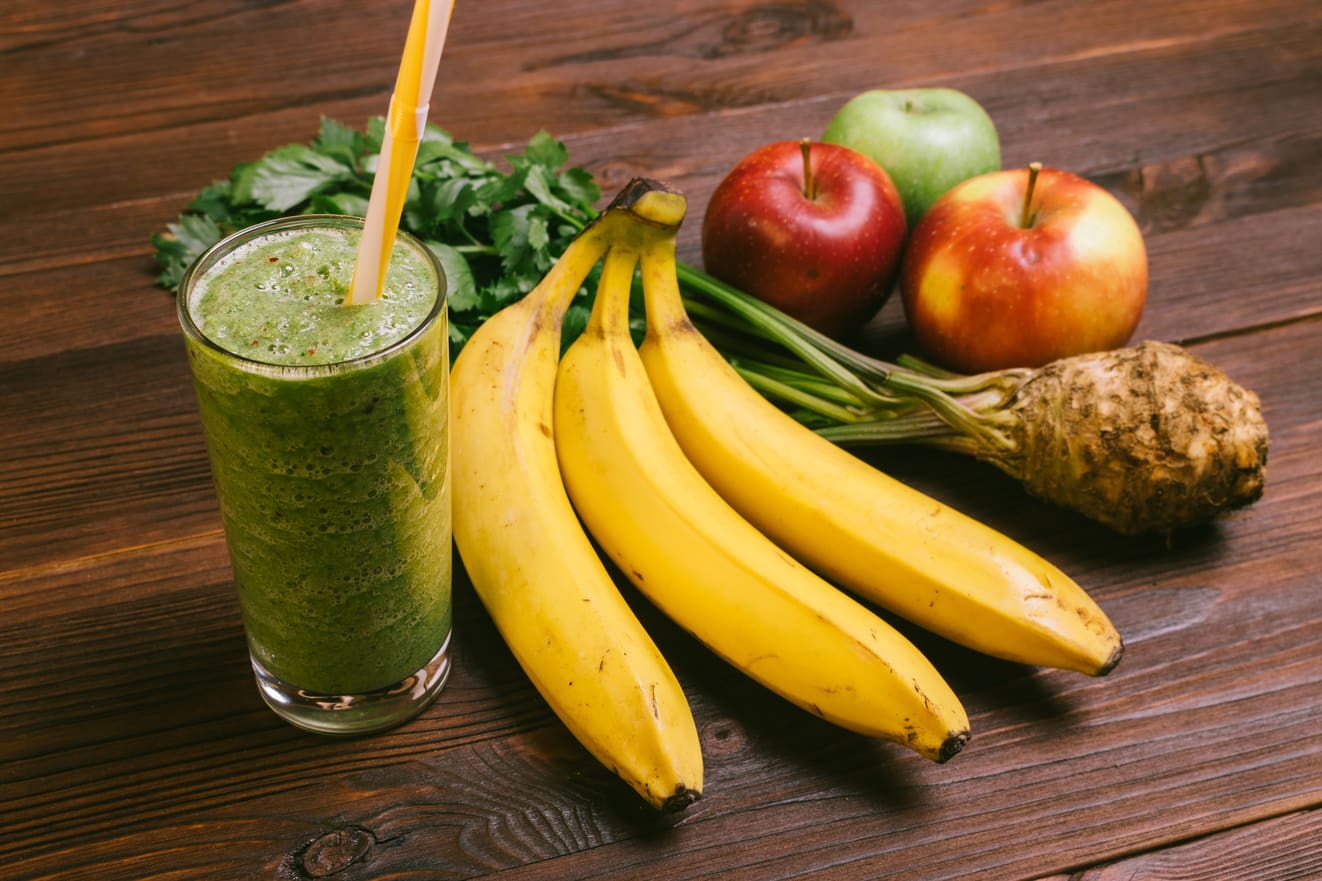

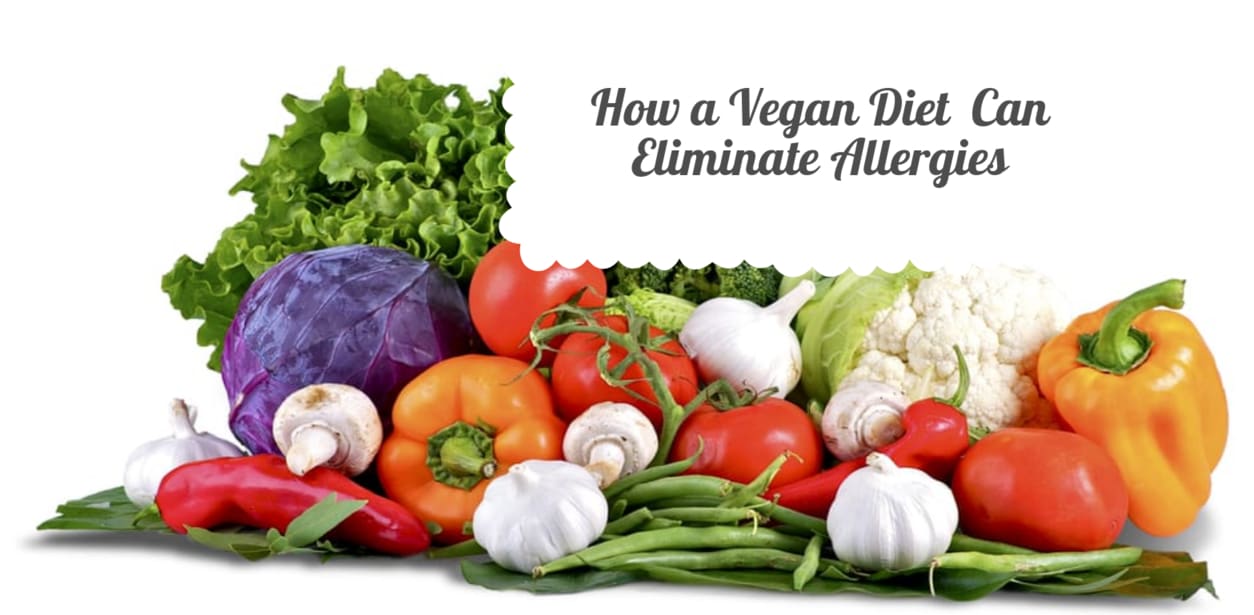
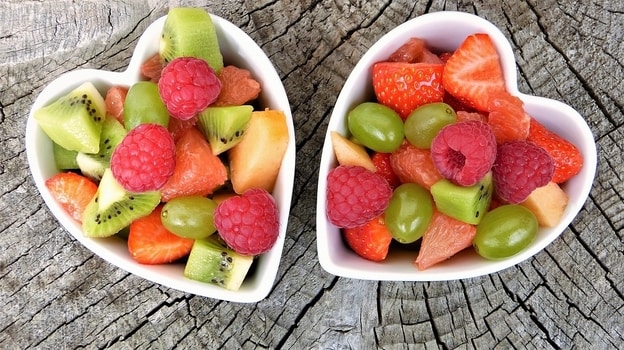
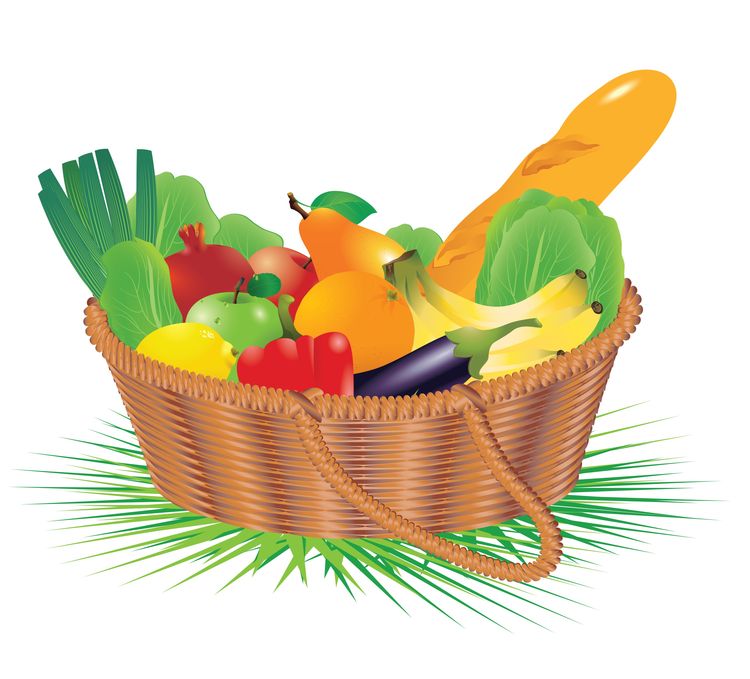
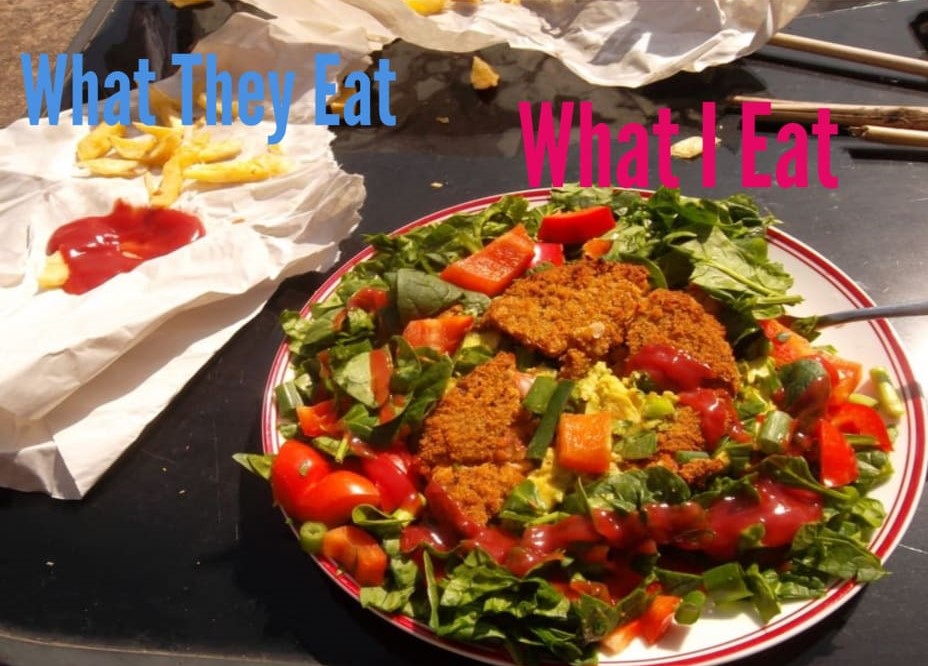

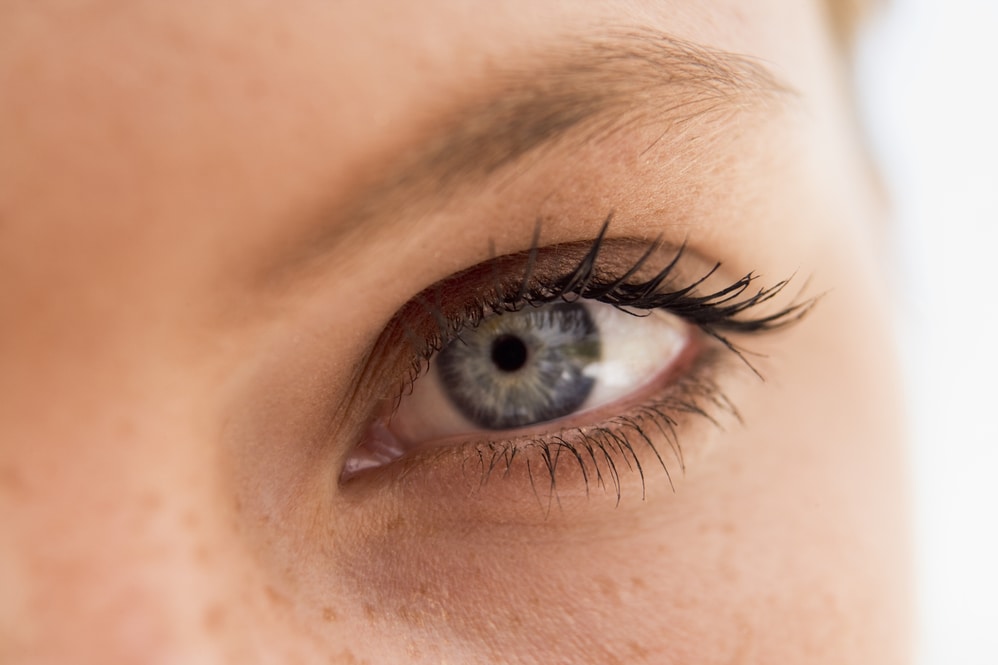

Hello Matt,
In your past entries on here, you have advocated for such foods as spearmint tea and licorice as a means of staving off hairloss and overproduction of DHT. While those two products likely play a small role in accomplishing that, considering alternative means such as finasteride, I had been under the impression that they are healthy choices nonetheless and not foods that need avoiding as I’m partially led to believe in this post. Again, being that they aren’t the definitive antidotes to hair loss, I had thought that they would prove effective in the long term as part of diet slanted towards keeping hair loss at bay. Even as I don’t suffer from hair loss, I’ve been consuming licorice and spearmint tea intermitemtly based on your recommendations in the past as I consider getting on fin at some point in my life (perhaps in my early thirties) mostly for the sake of my own peace of mind. Short of medication, this has been the only way possible for me take preventative measures against it as I weigh my options.
Would you suggest I continue doing so before I decide to get on fin? Your post has made me doubtful, which is why I was motivated to respond.
Hey Dan..
I’m really glad you responded, as my post may seem like contradiction of what I’ve said before, but I hope that some of my more regular readers will take each post in isolation for the specific question that it’s trying to answer (not in the context of a CR diet or healthy lifestyle, but just answering the question the topic is about and person searched for).
I think for my regular readers who are already eating well and have a healthy lifestyle, a slight or modest reduction in T and DHT is not going to be an issue (as it isn’t for me…). So you I guess you have to take things in the context of what you’re doing. And also what your goals are… everything has a positive and negative, it’s about weighing up which will be a net benefit for you. I think in the context of “CR” – high testosterone is pro-aging, partly through activation of mTOR pathway (my hunch, based on animal studies).
For the average person, who has a fairly high BMI and a lot of fat, eating foods which lower T may not be the best option.
I think I will try to be more clear going forward… 🙂
It’s true that these foods do have (some) effect on testosterone, and possibly reducing hair loss in men and women who don’t have a strong genetic predisposition to developing androgenetic alopecia. I’m not convinced based on the data that they would do much about aggressive hair loss – for which I would say finasteride is the only decent option. I’m currently taking 1.25 mg of fin and have been for a while. No side effects… just much thicker hair.
If you’re not experiencing any side effects from those two right now (I’d be surprised if you were given your age..) then it’s not going to hurt to carry on. The only thing I’d watch for is a long-term intake of licorice (check potassium levels and blood pressure). Not really an issue unless you’re taking very high doses, though.
I drink spearmint every day… about 2-5 cups a day and have been taking licorice on and off.
I hope that answers your question? There’s no straight answer. Everything is nuanced and “it depends”. For yourself, yes, there doesn’t seem to be a reason to stop?
Hope that makes sense… it’s been a long day and I’m tired lol.